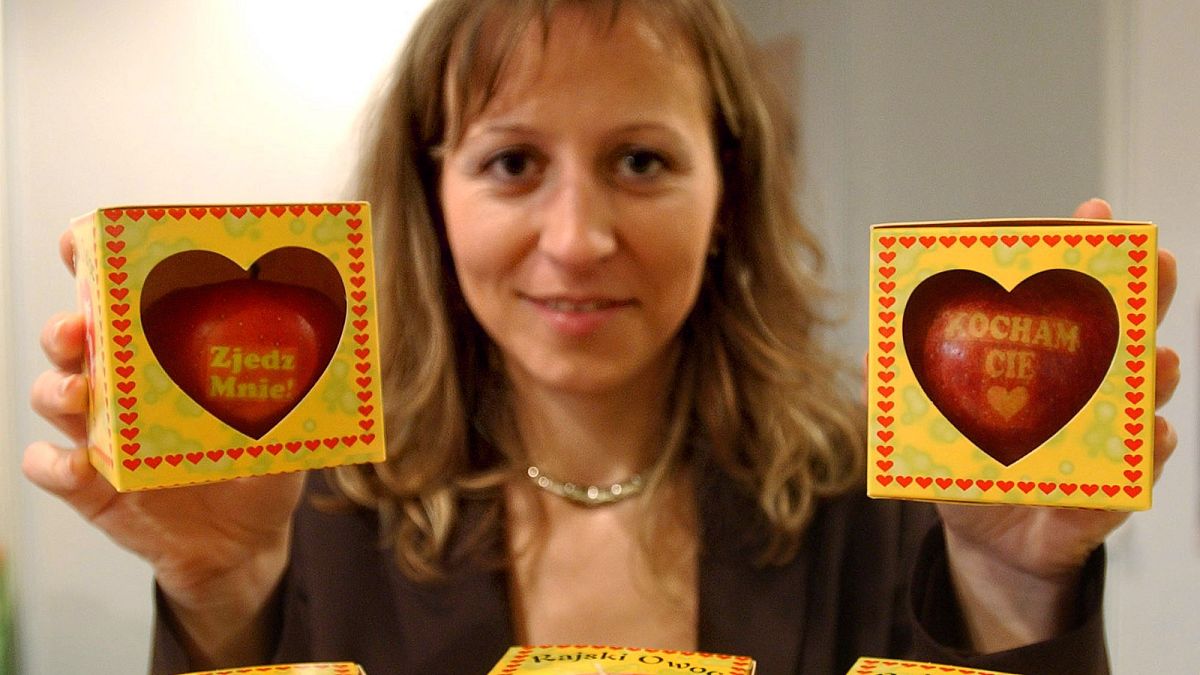Poland Adopts Apple as Its Symbol for the EU Presidency

Poland’s EU presidency: a bite of local flavour
During the six‑month presidency of Poland in the European Union, attendees at official functions are in for a delightful twist.
Why apples are the chosen emblem
- National pride – The apple represents a celebrated Polish product.
- A symbol of abundance – It reflects the country’s rich agricultural heritage.
- Visual appeal – The colourful fruit adds a touch of warmth to formal settings.
Where you’ll see them
From state dinners to press conferences, the apple will feature prominently in decorations, visual displays, and even in small ceremonial gifts for guests.
What this means for visitors
Visitors can expect to enjoy fresh, locally grown apples during ceremonies, while the motif serves as a subtle reminder of Poland’s cultural identity during its EU tenure.
Poland’s Fresh Take on EU Presidency Symbolism
In the six‑month rotation of EU Council presidencies, each host nation often adopts a unique emblem. Poland has chosen the humble apple as its flagship representation, which will feature prominently at events in both Warsaw and Brussels.
Food‑Based Themes Across Europe
- Estonia introduced a robotic mascot during its term.
- Hungary leaned on a politically charged slogan.
- Belgium, during last year’s presidency, showcased a chocolate badge that was ceremonially broken by Prime Minister Alexander De Croo and Commission President Ursula von der Leyen before being enjoyed by EU officials.
Poland’s apple emblem draws inspiration from the historic Solidarnosc movement while also celebrating a product deeply rooted in national pride. Polish apples from the Grojec district enjoy European geographical indication status, guaranteeing their quality.
Historical Fruit‑Centric Presidency
Poland’s affinity for fruit is not new; in 2011, strawberries were the face of its presidency, spotlighting the country’s agricultural heritage. Today, Poland leads Europe in apple production, yielding over 4 million tonnes each year.
International Reach of Polish Apples
In 2023, exports of Polish apples reached 817,000 tonnes, spanning neighboring countries like Germany and Romania as well as distant markets in India, Saudi Arabia, and the UAE.
Apples as Symbols of Resistance
When Russia banned certain Polish fruit imports, including apples, in 2014 as a response to EU sanctions on Crimea, Poles turned the fruit into a rallying point. A viral social media campaign featuring hashtags such as #jedzjabłka (“Eat Apples”) and the Facebook page #EatApplesToAnnoyPutin galvanized support for farmers and underscored the apple’s cultural significance.
Now, once again, Poland is tapping into the symbolic power of its apples to mark its EU Council presidency.





